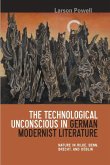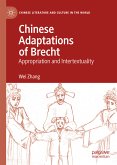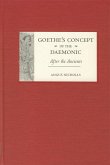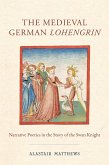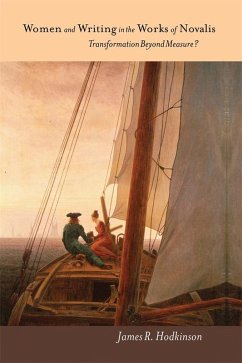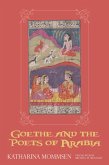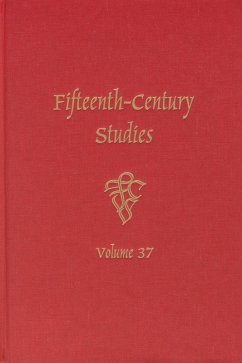The first book-length study of Hölderlin's postwar reception and a case study of Germanistik.
Toward the end of the Second World War, the works of the great German poet Friedrich Hölderlin were heavily exploited by Nazi propaganda as a source of spiritual strength for the war-weary German people. Once the fires had burnedout, scholars attempted to absolve Hölderlin of any responsibility for his wartime (mis)appropriation. Only a few saw that his work would have to be reread in the light of the iniquities that had been said and done in his name. This book examines how Hölderlin was taken up by three such thinkers, among the most influential and controversial of their time: Martin Heidegger, Theodor W. Adorno, and Bertolt Brecht. It extrapolates from their writings on the poet three irreconcilable paradigms of reception -- conversation, polemic, and citation -- that are of significance for the broader project of working through the tarnished German cultural legacy after 1945. In each case, Hölderlinis examined as the occasion for salvaging that legacy after, from, and in view of the catastrophe. This first full-length study of Hölderlin's postwar reception will be of interest to students and scholars working in the fields ofGerman literature, European philosophy, the politics of cultural memory, and critical theory.
Robert Savage is ARC Postdoctoral Fellow in the Center for Comparative Literature and Cultural Studies, Monash University, Melbourne, Australia.
Toward the end of the Second World War, the works of the great German poet Friedrich Hölderlin were heavily exploited by Nazi propaganda as a source of spiritual strength for the war-weary German people. Once the fires had burnedout, scholars attempted to absolve Hölderlin of any responsibility for his wartime (mis)appropriation. Only a few saw that his work would have to be reread in the light of the iniquities that had been said and done in his name. This book examines how Hölderlin was taken up by three such thinkers, among the most influential and controversial of their time: Martin Heidegger, Theodor W. Adorno, and Bertolt Brecht. It extrapolates from their writings on the poet three irreconcilable paradigms of reception -- conversation, polemic, and citation -- that are of significance for the broader project of working through the tarnished German cultural legacy after 1945. In each case, Hölderlinis examined as the occasion for salvaging that legacy after, from, and in view of the catastrophe. This first full-length study of Hölderlin's postwar reception will be of interest to students and scholars working in the fields ofGerman literature, European philosophy, the politics of cultural memory, and critical theory.
Robert Savage is ARC Postdoctoral Fellow in the Center for Comparative Literature and Cultural Studies, Monash University, Melbourne, Australia.
Dieser Download kann aus rechtlichen Gründen nur mit Rechnungsadresse in A, D ausgeliefert werden.



